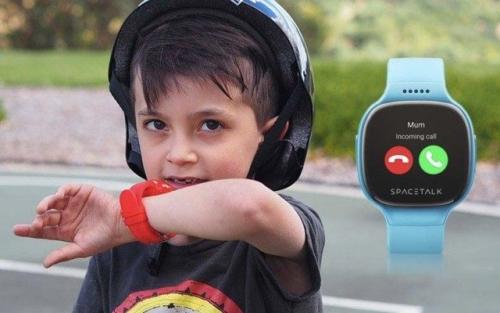Top 7 Ways To Outsmart Your Kids In this Digital World

How should a parent behave when the child disappears for days on the Internet, in particular, social networks? Is it necessary to ban it or to limit the time spent on them? Is it worth it to control the child on the Internet? Internet, social networks - this is a whole world for a modern child, which can be as important as the real one. Communication with friends, viewing thematic public, study and entertainment are closely connected with the worldwide network. Therefore, one way or another, parents are faced with the question "is it worth it to control the child on the Internet (on social networks)?"
According to research by Kaspersky Lab, an international company that develops cyber protection systems, 85% of children cannot do without gadgets. For boys, the main is game, for girls is communication. Studying in fifth place, 35% of parents do not control the time that the child spends on gadgets and 59% of parents do not follow the interests of their children in social networks.
From birth, children learn the world through their parents - the Internet is no exception. How does a child know how to behave online if they have not told him about this? Even ardent opponents of the virtual environment eventually will face a problem and a choice whether to use a kid tracker to protect a child on the Internet. Therefore, one of the main tasks of the parents is allowing their children time on an unknown space by doing it themselves. This means telling them how best to design a page on VKontakte, Facebook, Instagram, and offering interesting publicities (related to a child’s hobby, study, or music). Explain that there are adult-only sites and children are not allowed to view this content. In addition, to warn what negative realities can be encountered on the network and what should be avoided.
Online child monitoring programs are usually universal and suitable for any platform. They sort different types of content for children according to their age. Parents have the opportunity to prohibit access to the Internet, applications and games for a certain time. In addition, with the help of applications, you can control app stores and the right to allow or deny the use of a particular application or game. Another advantage of control programs is the “safe search” function. If you activate it, the child will get access only to certain web pages and videos. The entire monitoring process is demonstrated in the form of reports on search activity and a detailed log of visited sites.
Teach your child to avoid the dark side of the Internet
To search for information, children use the same services as adults. But it happens that by mistake or ignorance, children can follow a pop-up window or an unfamiliar link and find themselves on a site with bad content. To avoid such situations, it is advisable to configure the parental control function. Start with your ISP, then set up your browser and plug in additional modules that block unwanted information. You can also password protect access to games and videos.
How to protect children on the Internet and social networks?
Reading a child’s correspondence in secret from him is such an act. We will talk about soft forms of control that will not spoil your relationship with the child.
· Create a family atmosphere of trust
Try to establish a trusting relationship with the child, then questions about surveillance will disappear. If a teenager sincerely devotes you to the events of his life, shares his experiences and impressions with you, then this is the peak of confidence. In addition, if the parent agrees with the student about important safety issues on the Internet and social networks, then the child will easily fulfill them.
· Subscribe to his updates on social networks
If you are a friend of a child in real life, then what prevents you from becoming one in social networks? Unobtrusively present in its virtual reality, you will not make anything worse. You can find out about your child’s friends, community subscriptions, interests and so on. Of course, you should not write lengthy teachings, let alone publish them on a teenager’s page.
Post Your Ad Here
Comments